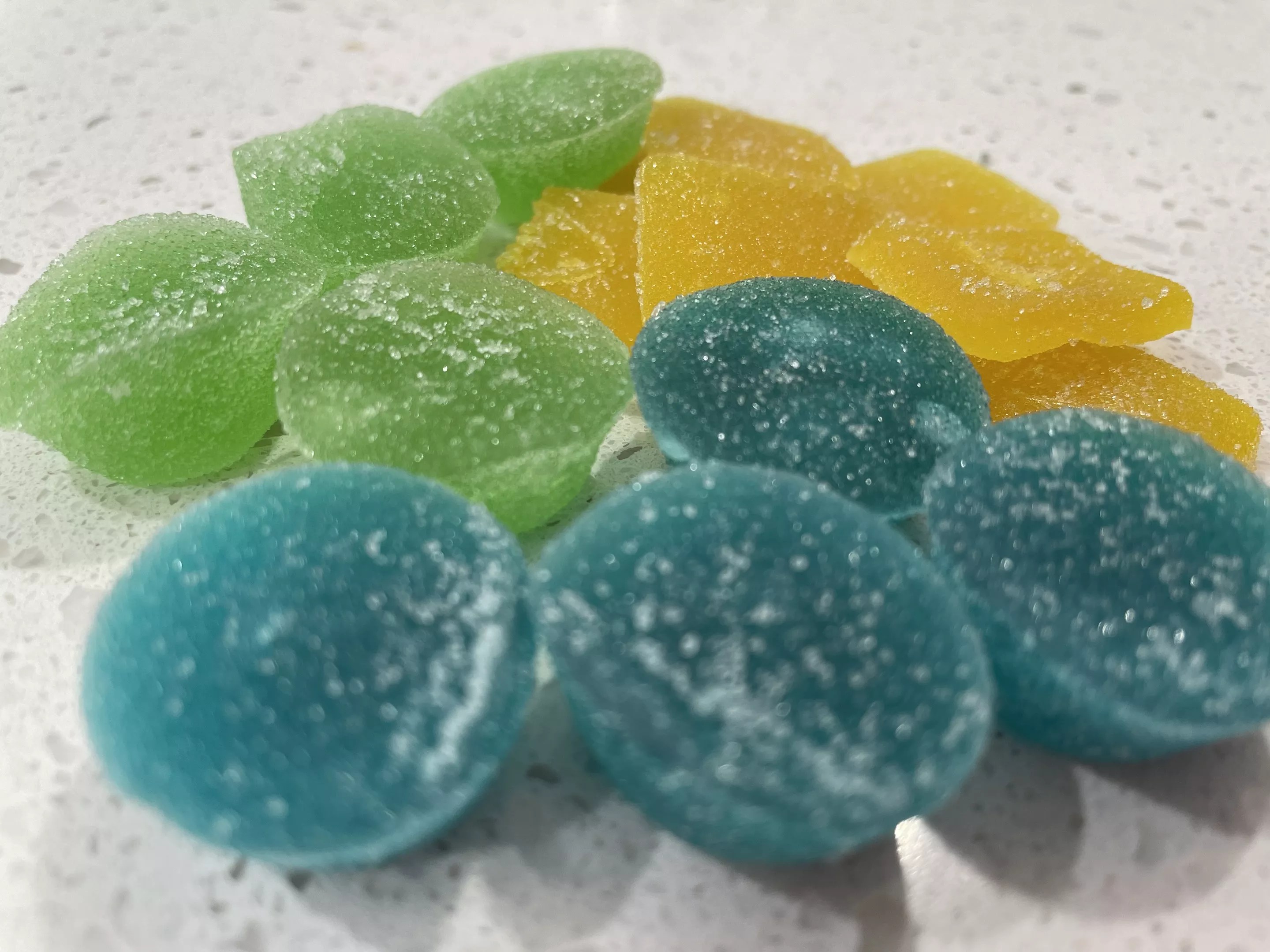
Cassandra Garza

Audio By Carbonatix
Kids are winding up in emergency rooms in spiking numbers, thanks to a doubling of marijuana sales since adult recreational use became legal in Arizona a little more than a year ago.
The problem mirrors what happened in other states that already legalized cannabis sales. Like them, Arizona is seeing a rise in cases related to edibles.
According to the Poison Control Centers in Maricopa County, the number of calls involving kids 5 and younger being accidentally exposed to marijuana almost doubled in the last year, from 86 in 2020 to 163 in 2021. Two-thirds of those cases resulted in a child being admitted to a hospital or treated in the emergency ward.
Nationally, edibles account for nearly half of all child poisoning cases related to pot.
“Many of the accidental ingestions that we hear about involve little kids getting into edible marijuana products that look like candy or other snacks,” said Dr. Steven Dudley, director of the Tucson Poison Center.
State regulations require that dispensaries cannot sell such products as edible gummies if they have a “human, animal, insect, fruit, toy or cartoon shape.”
“These products have high amounts of THC, and children are at higher risk based on their size and weight. The symptoms are more severe and often require hospital admission due to the severity of their symptoms,” said Maureen Roland, the director of the Banner University Medical Center Phoenix Poison and Drug Information Center.
Experts worry most for kids 5 and under who are at risk of neurological damage and intense breathing issues that could land them in intensive care units.
If exposed, “a child may become very sleepy, experience dizziness or loss of balance, stomach upset (including vomiting), and possibly trouble breathing,” Roland said.
Parents are advised to watch for these symptoms if they believe their child has ingested cannabis.
Last year, edibles made up 9.2 percent of all Arizona dispensary sales, or about $175 million.
In just about every major city where recreational use has been legalized, an increase of exposure to children followed.
In 2016, cases of kids 12 and under accidentally ingesting cannabis numbered 187, according to a report published in Pediatrics.
Between 2017 and 2019, the report explained, numbers rose to 4,200 cases for children 9 and younger.
Of those, 46 percent were caused by eating edibles.
Colorado’s number of marijuana exposures almost doubled the year that marijuana was legalized there. By 2020, cases there jumped to 119, far more than the 15 cases reported in 2013, the year before the state legalized recreational use.
This led Colorado to ban the sale of gummies and candy edibles in the shape of humans, animals, or fruit, as Arizona does.
Washington’s caseloads of child exposure to cannabis almost tripled since that state legalized sales.
The state created a mandatory “not for kids” graphic for edible products and banned packaging that mimics the kinds of candy or toys that are sold to kids.
Across the country, states that have legalized sales began taking steps to safeguard against further cases. California also bans shapes of people, fruits, and animals, while North Dakota has banned the sale of edibles outright.
In Arizona, physicians want the pot industry to pay closer attention to the problem.
“We hope to work more with representatives of state agencies, dispensaries, and other related groups to improve the safety of marijuana products, including packaging and storing,” Roland said.
“Of the 249 [cases] reported in 2020 and 2021,166 required either emergency room monitoring or hospitalization,” Roland said.
To date, there have been no fatalities, and the most severe cases have cleared up within two days, according to Roland.
Poison control encourages parents to call the 24/7 Banner Poison and Drug Information Center at 1-800-222-1222 if they have any concerns or suspicions that a child has ingested marijuana.